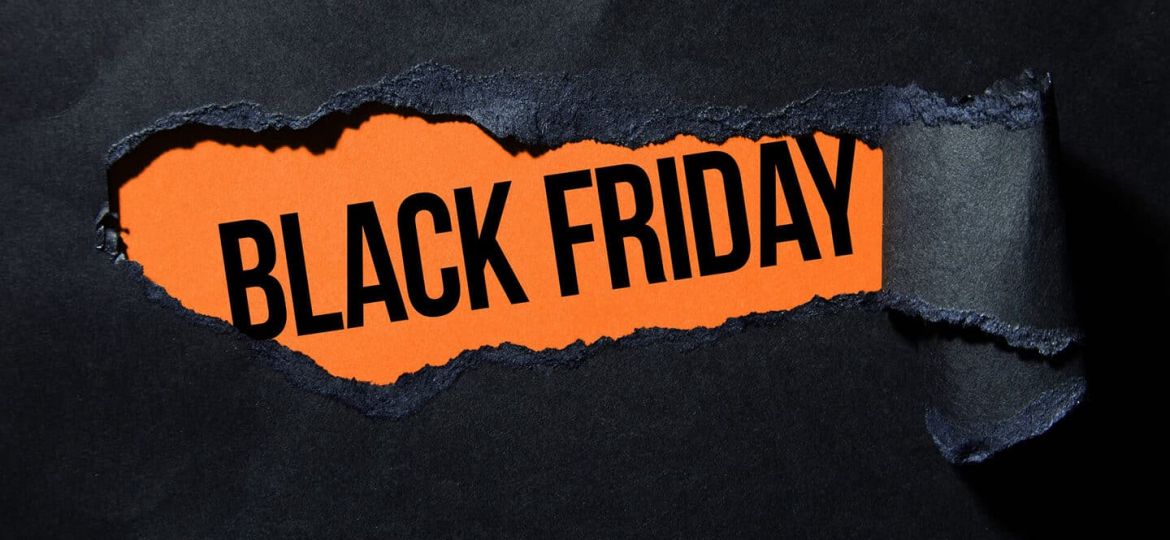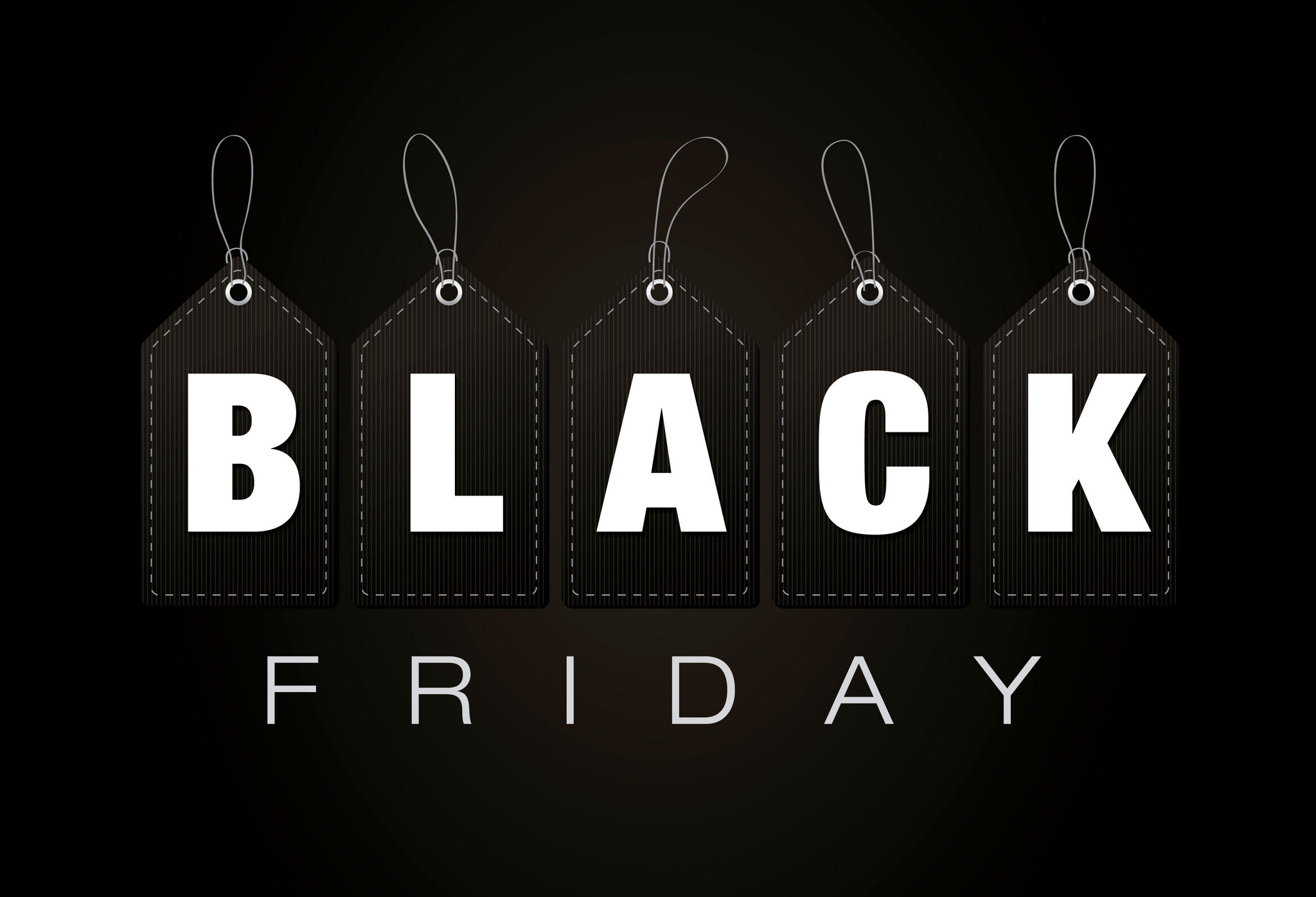
Introduction of Defining Black Friday
Black Friday, an annual shopping extravaganza that unfolds the day after Thanksgiving, is a phenomenon deeply ingrained in the American culture. As consumers gear up for the busiest shopping day of the year, it’s essential to unmask the event, dispelling myths that surround it, and exploring the traditions that have evolved over time.
Black Friday marks the unofficial start of the holiday shopping season. It is a day when retailers offer significant discounts, enticing consumers with doorbuster deals and promotions. This day has become synonymous with crowds of eager shoppers, long lines, and the pursuit of bargains.
Popularity and Significance
Over the years, Black Friday has transcended its original purpose of boosting retail sales. It has become a cultural phenomenon, with people planning their Thanksgiving festivities around the subsequent shopping spree. The day holds immense significance for both consumers and retailers, setting the tone for the holiday season.
Origin of Black Friday
Historical Background
Contrary to popular belief, the term “Black Friday” did not originate from a negative connotation. In the mid-20th century, Philadelphia police used the term to describe the chaotic and heavy pedestrian and vehicle traffic that occurred the day after Thanksgiving.
Evolution of the Term
The association with profitability came later when retailers realized that the surge in sales on this day pushed their balance sheets “into the black.” This positive financial connotation has persisted, despite the initial negative context of the term.
Common Myths Surrounding Black Friday
Misconceptions about Discounts
One prevalent myth is that Black Friday offers the steepest discounts of the year. While there are certainly great deals to be found, not every product experiences a significant price drop. Consumers need to be discerning and research prices to ensure they are getting genuine discounts.
Negative Impact on Employees
Another misconception revolves around the negative impact on retail employees. While it’s true that working on Black Friday can be demanding, many employees appreciate the opportunity for overtime pay and the festive atmosphere.
Traditions Associated with Black Friday
Early Morning Shopping Rituals
One enduring tradition is the early morning start to Black Friday shopping. Many stores open their doors in the early hours, creating a sense of urgency and excitement among shoppers. This tradition has evolved into a social event for friends and family.
Doorbuster Deals and Promotions
Doorbuster deals, often limited-time offers with significant discounts, are a hallmark of Black Friday. These promotions are strategically designed to attract shoppers to stores and generate a sense of urgency.
The Rise of Online Black Friday
E-commerce Influence
With the advent of the internet, Black Friday has expanded beyond brick-and-mortar stores. Online retailers now participate in the event, offering a digital alternative for those who prefer to avoid the chaos of in-person shopping.
Cyber Monday Connection
The rise of online Black Friday shopping has given birth to Cyber Monday, a day dedicated to online deals. This extension allows consumers to continue their shopping spree from the comfort of their homes.
Impact on Retailers
Sales Statistics and Revenue
For retailers, Black Friday can make or break their annual revenue targets. The day’s sales statistics often determine whether a business ends the year in profit or loss. The pressure to offer competitive deals is palpable.
Challenges Faced by Businesses
While the sales boost is welcomed, Black Friday poses challenges for retailers. Managing crowds, ensuring sufficient stock, and coordinating logistics are formidable tasks that require meticulous planning.
Consumer Behavior on Black Friday
Impulse Buying Trends
Black Friday is notorious for fostering impulse buying behavior. The urgency created by limited-time deals and the fear of missing out (FOMO) drive consumers to make spontaneous purchases.
Pre-Planning and Research
On the flip side, many consumers approach Black Friday strategically. They meticulously plan their shopping lists, research prices in advance, and use technology to scout for the best deals.
Environmental Concerns
Increased Waste and Packaging
The frenzied consumption associated with Black Friday has raised concerns about environmental impact. The surge in purchases results in increased waste, particularly in the form of packaging materials.
Sustainable Alternatives
In response to these concerns, some retailers are adopting sustainable practices on Black Friday. Initiatives such as eco-friendly packaging, recycling programs, and conscious consumer education aim to minimize the environmental footprint.
Black Friday in the Digital Age
Social Media Influence
The advent of social media has transformed how consumers approach Black Friday. Retailers leverage platforms like Instagram, Facebook, and Twitter to create buzz and promote exclusive deals.
Online vs. In-Store Experiences
The digital age has also blurred the lines between online and in-store Black Friday experiences. Many consumers opt for the convenience of online shopping, while others still relish the traditional in-store hunt for bargains.
The Future of Black Friday
Trends and Predictions
As technology continues to evolve, the future of Black Friday is likely to be shaped by online innovations. Virtual reality shopping experiences, personalized deals based on consumer preferences, and augmented reality applications may become integral to the event.
Evolving Consumer Expectations
Consumer expectations are evolving, with an increasing emphasis on convenience, sustainability, and ethical business practices. Retailers that adapt to these changing expectations are poised to thrive in the evolving landscape of Friday.





